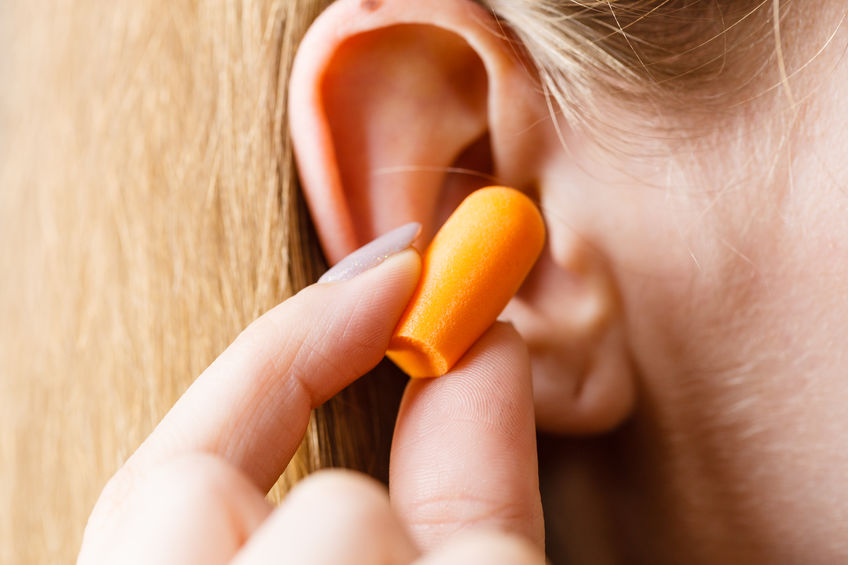Different Types Of Hearing Loss
Some amount of hearing loss is normal as people age. But overexposure to loud noises can cause further damage. Noise-induced hearing loss can be caused by one incident, such as a loud explosion, or by prolonged exposure to loud noises. Around 5.2 million children and 26 million adults under the age of 70 suffer from noise-related hearing damage. Fortunately, there are some strategies for preventing hearing loss.
1. Use earplugs
People should take all precautions to avoid overexposure to loud noises. If a person has a planned outing where there will a lot of loud noise, such as a football game, earplugs or other protective devices for the ears are recommended. Particularly for small children, covering the ears is essential to preventing hearing loss. Wearing properly-fitting earplugs can reduce noise by 15-30 decibels.
2. Have hearing tested regularly
The earlier hearing loss is detected, the more favorable the outcome. People should get an evaluation if hearing is difficult. Some of these symptoms include turning the TV volume up louder than usual, asking people to repeat words, or lipreading more than listening.
3. Understand decibel ratings
Decibel ratings refer to how loud different noises are. Sounds at a decibel rating of 85 or higher put people at risk of noise-induced hearing loss. Most people know that attending concerts or sporting events, riding motorcycles, or watching fireworks are all associated with loud noises. However, even listening to music through headphones at maximum volume or going to the movie theatre can put people at risk.
4. Identify common loud noises
Most people don’t go to concerts or ride motorcycles every day. But patients should be aware of the noises in daily life that can increase the risk of hearing loss. For example, lawnmowers, power tools, or robust stereo systems can all be loud enough to cause damage.
5. Let others know
When people are working to protect hearing, letting family members and friends know can be helpful. Especially if someone has started experiencing some early signs of hearing loss, get friends and family on board with prevention strategies. Making others aware can help ensure that a person is protected from overexposure to loud noises.
When to see an ENT
If patients start to notice that hearing is declining, an ear, nose, and throat (ENT) doctor can give a hearing test. This test can help determine the quality of a person’s hearing and determine if treatment is necessary. For more information about preventing hearing loss, make an appointment with an ENT.




